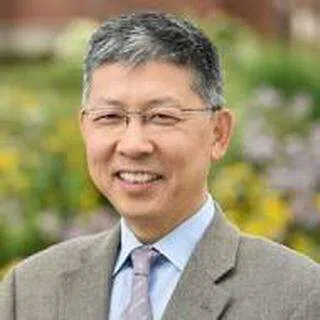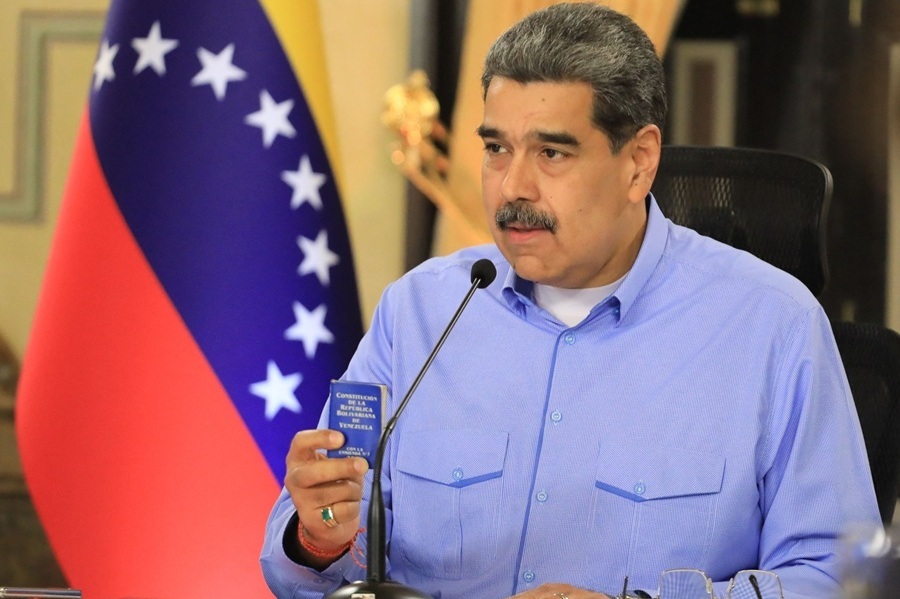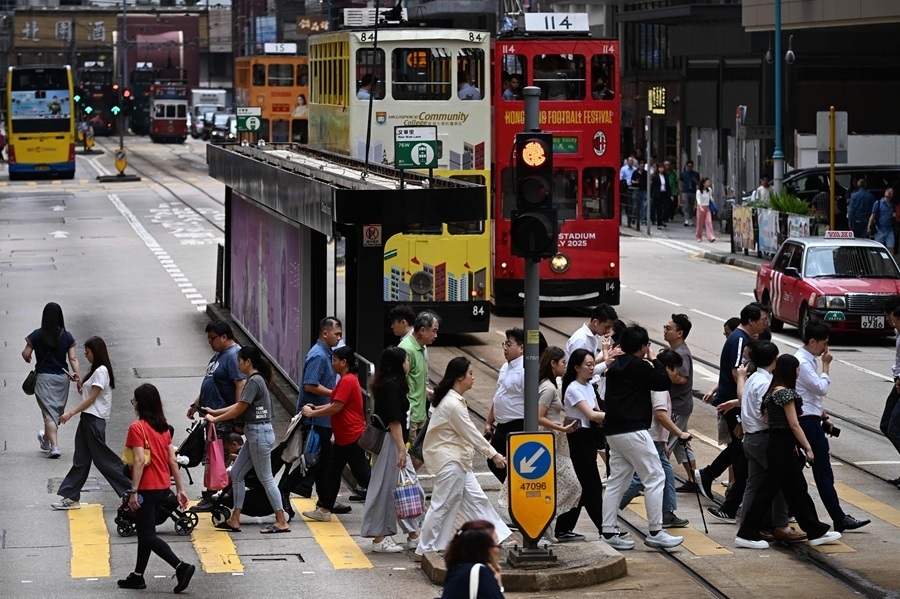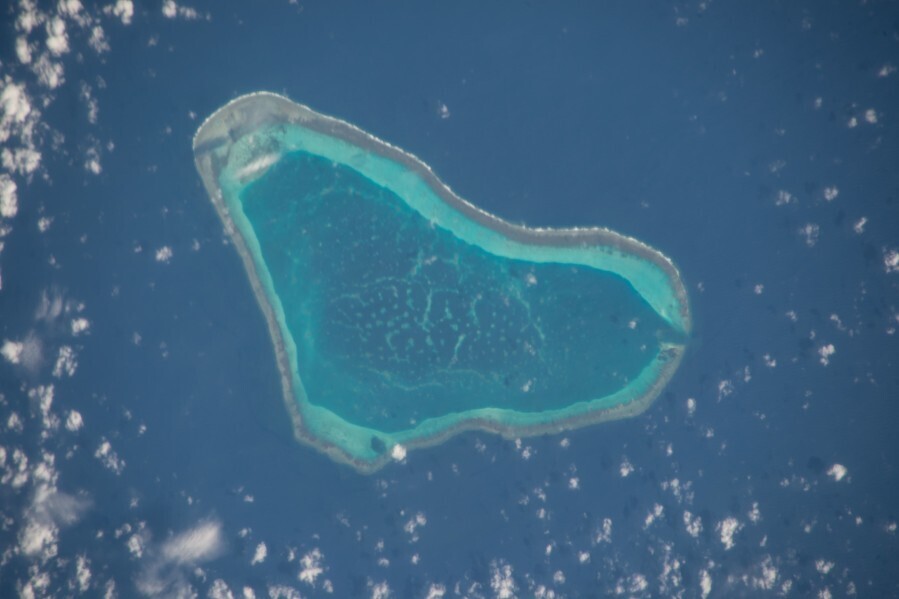Farewell to Dr Henry Kissinger, an advocate for productive US-China relations
Love him or hate him, Dr Kissinger played a pivotal role in history, teeing up President Richard Nixon's visit to China and the normalisation of US-China relations. Even when he left office, he continued to advocate for productive relations with China through engagement, and sought to explain Chinese diplomacy to Western audiences. Even as his admirers mourn the passing of a bygone era, it is now up to the young to take up the mantle of improving US-China relations.
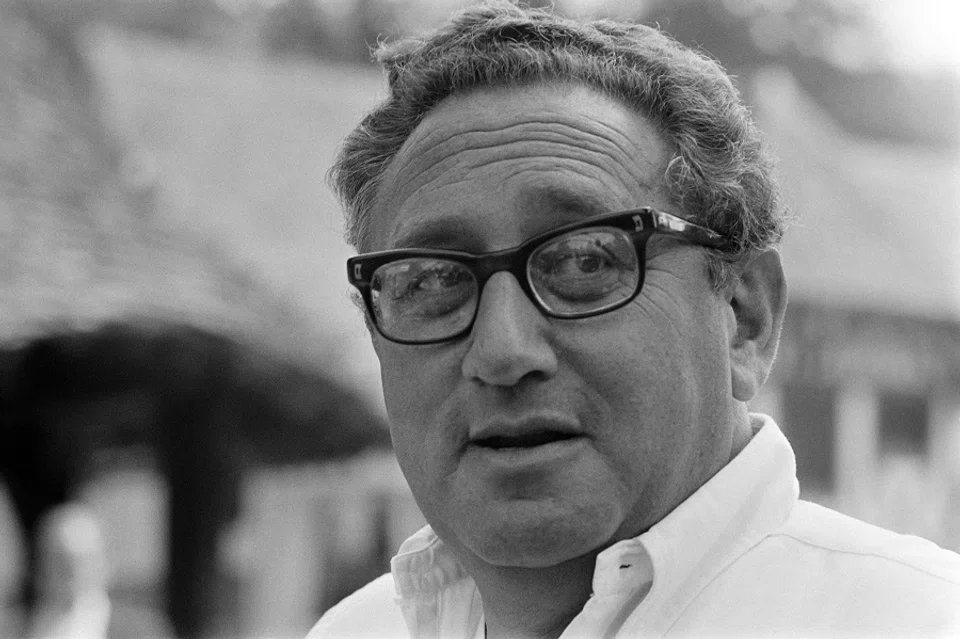
With his extraordinary efforts to promote detente with the Soviet Union, engineer the opening to China, end the Vietnam War and advance peace in the Middle East, Henry Kissinger was undoubtedly one of the greatest diplomats of the 20th century and one of the few influential people who shaped the course of the Cold War and exerted long-lasting impact on world politics.
For some, Kissinger was a successful Jewish immigrant, a highly acclaimed international relations scholar, and a remarkable statesman; for others, he was an "unprincipled and amoral" diplomat who ignored human rights in his ruthless practice of realpolitik in American foreign policy. Few people have been both celebrated and reviled with such passion as Dr Kissinger.
In China, Dr Henry Kissinger is a household name. Chinese leaders since Mao Zedong and Zhou Enlai all developed close relationships with him. In July 2023, at the high age of 100, Kissinger was invited to Beijing and received an effusive welcome with a lavish birthday celebration from senior Chinese officials including President Xi Jinping.
There has been an outpouring of nostalgia and eulogies for Kissinger in China's state and social media outlets since his passing. President Xi sent a message of condolence to President Joe Biden, calling Kissinger "a world-renowned strategist" and "a good and old friend of the Chinese people" who made "historic contributions" to the normalisation of China-US relations, benefiting both countries as well as changing the world. And Chinese ambassador in Washington Xie Feng wrote in his X account: Kissinger "will always remain alive in the hearts of the Chinese people as a most valued old friend".
Since 1971, Kissinger had travelled to the Chinese mainland more than 100 times but had never been to Taiwan.
Shaping the history of US-China relations
Kissinger's official connections with China started in July 1971. During a publicly announced trip to Pakistan, he disappeared for a couple of days, ostensibly to recover from poor health at a Pakistani mountain resort. Nobody knew at the time that he was trying to evade the travelling press corps by feigning illness so that he could fly secretly to Beijing to discuss with Chinese officials about a potential visit to China by President Richard Nixon.
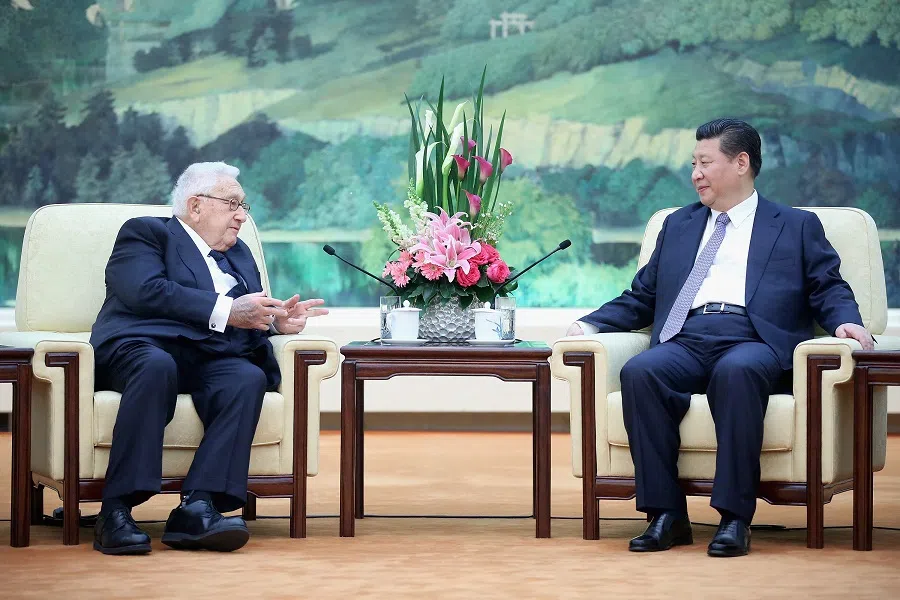
That secret trip was fruitful and cemented his position in US diplomatic history as the man who paved the way for President Nixon's historic visit to China the following spring. The news that Nixon would travel to China astonished the world. Nixon was a diehard anti-communist Republican and the US still recognised Chiang Kai-shek's government in Taiwan as the representative of China while treating the People's Republic of China (PRC) as an enemy.
Indeed, Nixon's 21-28 February 1972 visit to China was "the week that changed the world". China became a critical player in the hitherto bipolar Cold War between the US and the Soviet Union. The establishment of US-PRC diplomatic relations in 1979 coincided with Deng Xiaoping's "reform and opening up" initiatives, both of which fundamentally changed world politics and China's future.
The Shanghai Communique was issued during Nixon's visit, in which the US acknowledged the position held by "all Chinese on either side of the Taiwan Strait" that "there is but one China" and "Taiwan is a part of China". Then and now, the status of Taiwan has remained the thorniest issue in US-China relations. Beijing and Washington have accused each other of undermining the status quo across the Taiwan Strait.
Understandably, Kissinger is not remembered fondly in Taiwan, where he had long been blamed for his central role in shifting America's diplomatic relations from Taipei to Beijing, and for failing to obtain a firm commitment from Beijing not to seize Taiwan by force. Since 1971, Kissinger had travelled to the Chinese mainland more than 100 times but had never been to Taiwan.
His residence in New York City was a place that officials, scholars and businesspeople from both the US and China loved to frequent.
Advocate for productive relations with China through engagement
"It's almost impossible to imagine what the American relationship with the world's most important rising power would look like today without Henry," said Professor Graham Allison of Harvard University in an interview in 2016, who once worked for Kissinger. While the younger generations of Americans may not be familiar with Kissinger and his role in US foreign policy, he was remembered in China as the pioneer and champion for the normalisation of US-China relations.
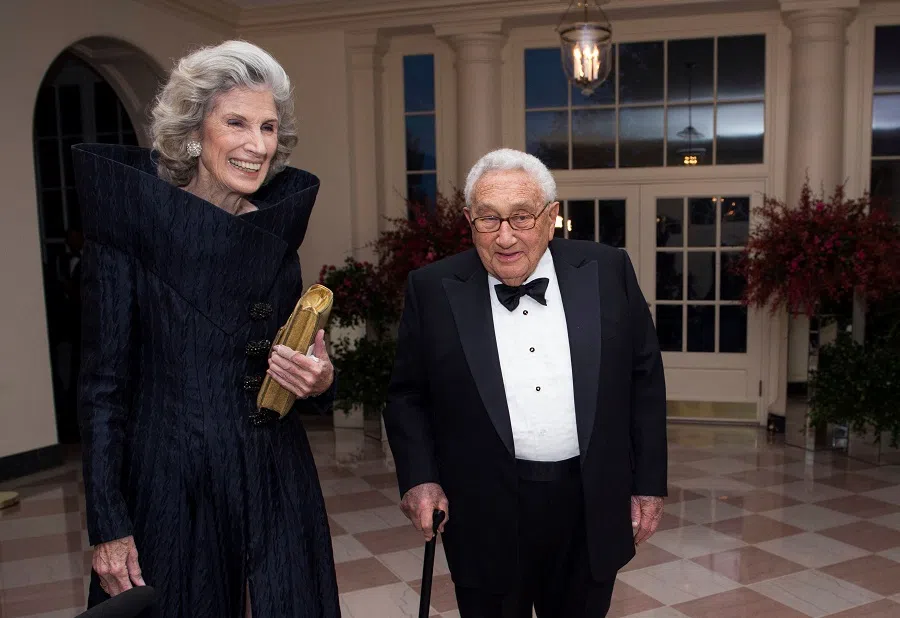
Kissinger's contribution to US-China relations went beyond his vigorous involvement in the US opening to China. After leaving office following his service in the Nixon and Gerald Ford administrations, he continued to advise US presidents from Jimmy Carter to Joe Biden on foreign policy and advocate productive relations with China through engagement, and he continued to serve as a bridge across the Pacific. His residence in New York City was a place that officials, scholars and businesspeople from both the US and China loved to frequent. Just a month before his death, Kissinger was honoured at the 2023 gala dinner of the National Committee on United States-China Relations for his five decades of leadership in promoting US-China relations.
Symbol of a bygone era
Kissinger was a prolific writer and commentator. Many of his writings and speeches remained influential. His writings on managing a rising China were among the must-read lists for students of international security and US-China relations. In his 2011 book On China, Kissinger reviewed the history of US-China relations and attempted to explain Chinese philosophy and diplomacy to Western audiences.
Dr Kissinger was a symbol of a bygone era when the US and China were willing to meet each other halfway to pursue common interests. Despite ups and downs in the bilateral relationship, Kissinger was the most significant and consistent voice on managing the complex and challenging relationship through engagement. Today, Kissinger's views on China are not well received by many in Washington, who favour zero-sum competition with China and countering its growing power and influence.
The future of US-China relations lies in the young generation.
Kissinger left behind a US-China relationship that is experiencing the most difficult time since his first trip to China in 1971. It behooves both countries to heed Kissinger's warnings about the danger of a new Cold War between two nuclear powers.
Now left to what future generations will do
Kissinger set a great example in promoting US-China cooperation despite political, ideological and cultural differences between the two countries. The two governments today must learn to manage this vital relationship peacefully for the benefits of the two peoples as well as the international community.
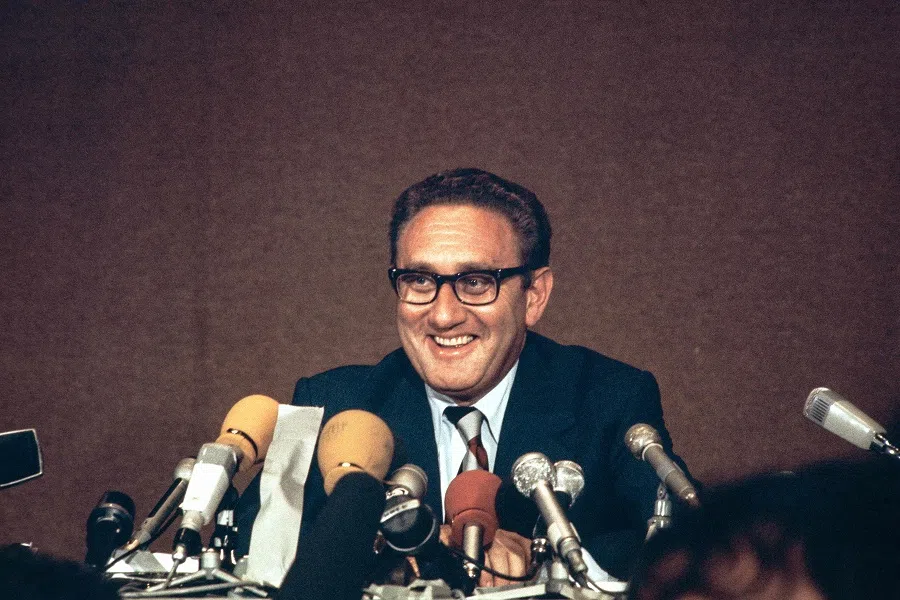
The future of US-China relations lies in the young generation. Both China and the US must cultivate this relationship by promoting people-to-people exchanges. President Xi announced in San Francisco in November 2023 that China would welcome 50,000 American students to study in China in the next five years. Hopefully this plan will be fully implemented and will help form a group of young Americans who understand China and who are committed to managing the US-China relationship constructively. Meanwhile, the US government should immediately reinstate the Fulbright and other cultural and scientific programmes in China to expand exchanges between the two peoples. Kissinger would be supportive of such actions.
For both Washington and Beijing, perhaps the best way to celebrate Kissinger's legendary life is to carry on his belief that cooperation is the only way to move the US-China relationship forward and upward.
